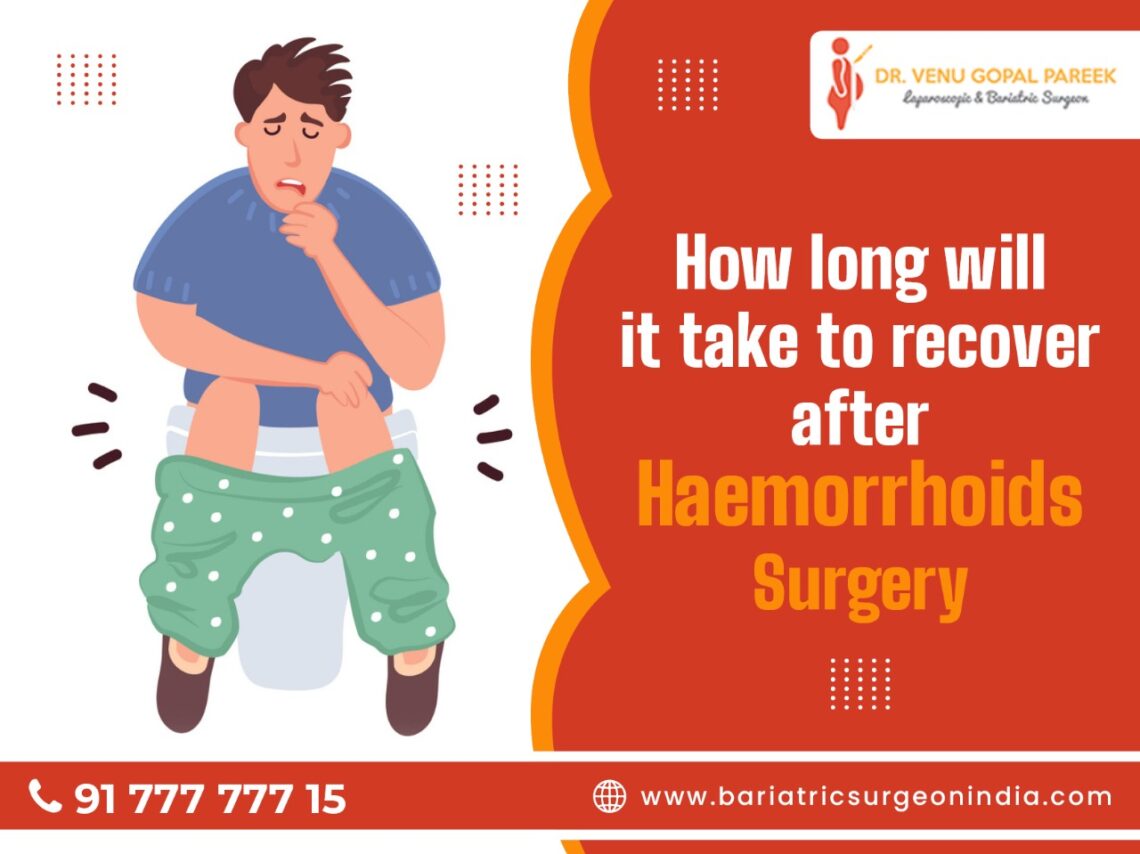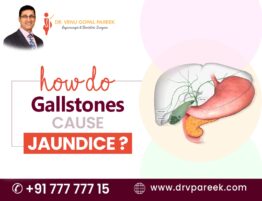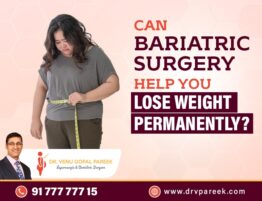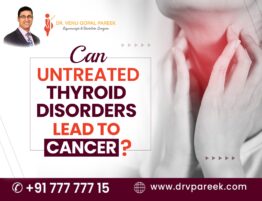
Haemorrhoids are swollen veins surrounding your anus or your lower rectum and can be located internally or externally. Internal haemorrhoids develop inside the anal canal , whereas external haemorrhoids are located outside the anal opening.
Haemorrhoids can cause pain, irritation, itching, and bleeding during bowel movements. It is very common to experience haemorrhoids, and about 75% of men and women suffer from haemorrhoids at some point in their lives. Most often, people within the age range of 45 to 65 suffer from haemorrhoids.
Recovering from Haemorrhoids
In the case of small haemorrhoids, they may resolve without treatment in a few days. However, simple dietary modifications and lifestyle changes may also be necessary.
An internal haemorrhoid may become so large that it protrudes from the anus. Such haemorrhoids are prolapsed haemorrhoids, and they usually take more time to heal and may need medical attention.
Haemorrhoids can also develop in some pregnant women. This is due to heavy abdominal pressure, particularly during the third trimester. You may notice enlarged veins in the rectum and anus.
It is also possible that pregnancy hormones cause the veins to swell. The haemorrhoids symptoms may last until delivery if they develop during pregnancy.
However, recovery after haemorrhoid surgery will vary depending on procedure type and postoperative care. Here are a few common surgical procedures:
- Haemorrhoidectomy to remove the haemorrhoids
- Sclerotherapy – This technique involves injecting a chemical solution into the area around haemorrhoids to cease the veins.
- Haemorrhoid banding is the process of restricting the blood supply to the haemorrhoids by binding them with rubber bands.
The majority of patients start feeling better within a week. However, particularly if you can maintain a soft or loose bowel movement, you will suffer more pain if you pass hard stool or have difficulty passing bowel movements.
When you are recovering, do your best to avoid constipation. Remember, taking prescribed pain medication might also result in pain constipation. In addition, if you regularly use constipation medicines, then a different method might be necessary during your recovery to prevent constipation.
After a week post-treatment, patients can return to their non-strenuous activities. And within two to three weeks, most of the patients can resume their everyday activities.
Coping With Recovery
Pain management is possible through a few methods. OTC medications like Advil (ibuprofen) may be prescribed by your surgeon. Avoid taking medicines without consulting your doctor.
You may be prescribed either a stool softener or a laxative by the surgeon to prevent hard stools. Since few medications might cause constipation, these softeners help pass stools more easily. When you take a laxative, you either make more stool or stimulate your bowel movements. The first week after surgery will relieve straining associated with bowel movements.
In some cases, sitz baths may also help in relieving pain. You can do this either in a bathtub with warm water or over a toilet with a basin that resembles a bedpan. The rectal area can significantly relieve pain by soaking in a sitz bath. A sitz bath can be taken several times daily.
Though it takes a couple of weeks to return to normal activities, a full recovery timeline varies from patient to patient. Let the pain guide you. There may be a pain when performing certain activities, like bending, sitting, lifting objects and getting into a seated position after standing for some time. You should limit activities that cause pain as much as you can. You should keep this in mind, especially after your procedure.
Long-Term Recovery
Even after you have recovered, consume high fibre foods. Make sure you drink lots of water and don’t strain when using the toilet. Don’t eat foods that promote constipation, like cheese.
Constipation can be reduced by exercising. For example, just a simple walk of 15 minutes can be helpful. This is because exercise can stimulate bowel movements. In addition, twisting movements often performed in yoga, such as touching your toes, are also good exercises for improving bowel movements.
It is not possible to prevent all haemorrhoids. However, you can reduce the chances of recurring haemorrhoids if you follow experts’ recommendations.
To know more about haemorrhoids treatment and recovery, consult Dr V Pareek, one of the best doctor for piles treatment in Hyderabad. No matter how complicated a case may be, he always provides the most effective treatment. He is a top laparoscopic surgeon and provides the latest minimally invasive surgical procedures. Call +91 91-777-77715 to book an appointment with the doctor.







